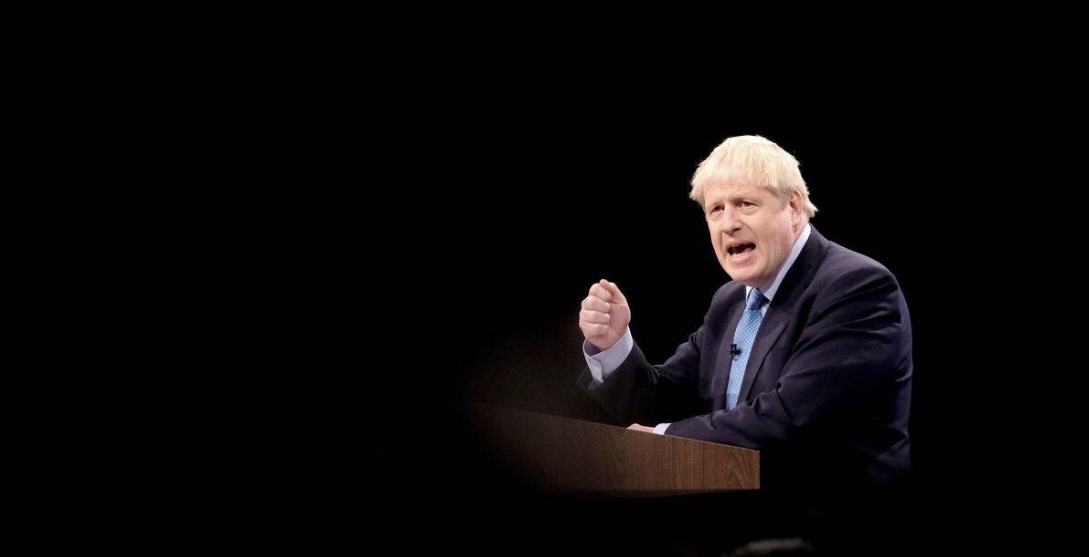The Economist: Boris Johnson makes the EU an offer it can refuse
The European Union has complained that, even as the October 31st deadline for Britain to leave drew nearer, Boris Johnson’s new government was failing to offer clear proposals to amend Theresa May’s failed Brexit deal. All Mr Johnson would say was that the hated backstop, an arrangement to avert a hard border in Ireland by keeping the United Kingdom in a customs union, had to go. This week, after a tub-thumping party conference speech in Manchester under the slogan “Get Brexit done”, Mr Johnson at last put forward his plan. Yet despite his labelling it a “fair and reasonable compromise”, it went down badly with the EU, which sees it as a breach of promises, not the basis for a new deal.

As expected, Mr Johnson’s proposal would keep Northern Ireland under the EU’s agri-food regulatory regime. He now wants to expand this to cover manufactured goods as well. But Great Britain would opt out of the rules, implying checks on goods moving between Northern Ireland and the mainland. And the plan would apply for only four years after the transition period ends in 2021, at which point the Northern Ireland Assembly would decide whether to remain aligned with the EU or adopt British rules. Meanwhile, the whole UK would leave the customs union. This implies customs checks between Northern Ireland and the south—though Mr Johnson insists these could be automated and, when necessary, conducted away from the border. He also wants Northern Ireland out of the EU’s value-added-tax regime.
The plan was welcomed by Tory Brexiteers and, more importantly, by the Northern Irish Democratic Unionist Party, which supports the Tories in Parliament. Yet it has little appeal in Brussels or, critically, Dublin. EU governments see it as a big step back from undertakings given by Mrs May in December 2017 to maintain an open, frictionless border in Ireland, preserve the all-island economy and avoid new customs or border controls anywhere on the island. They are unhappy about the proposed unilateral four-year time limit. And they do not believe that promises to use new technology, exemptions for small businesses and a system of trusted traders would be enough to avoid physical controls at or near the border.
You can read the entire article here:
https://www.economist.com/britain/2019/10/02/boris-johnson-makes-the-eu-an-offer-it-can-refuse
Source: The Economist
You must be logged in to post a comment.